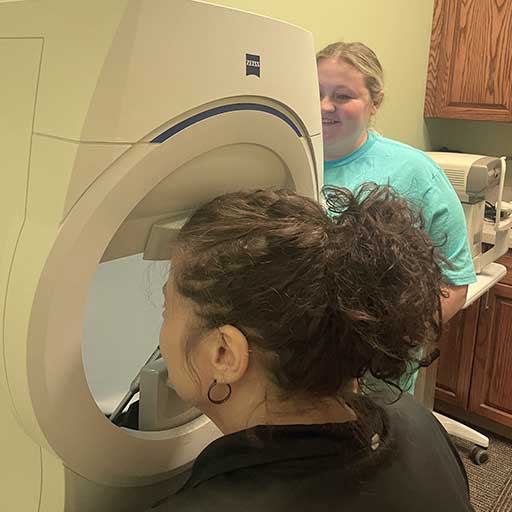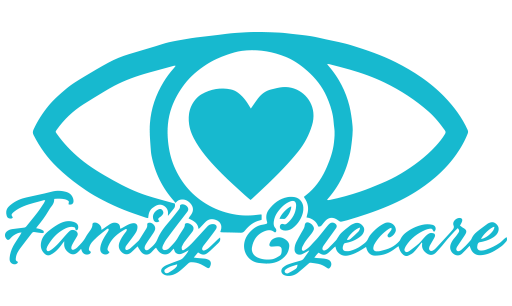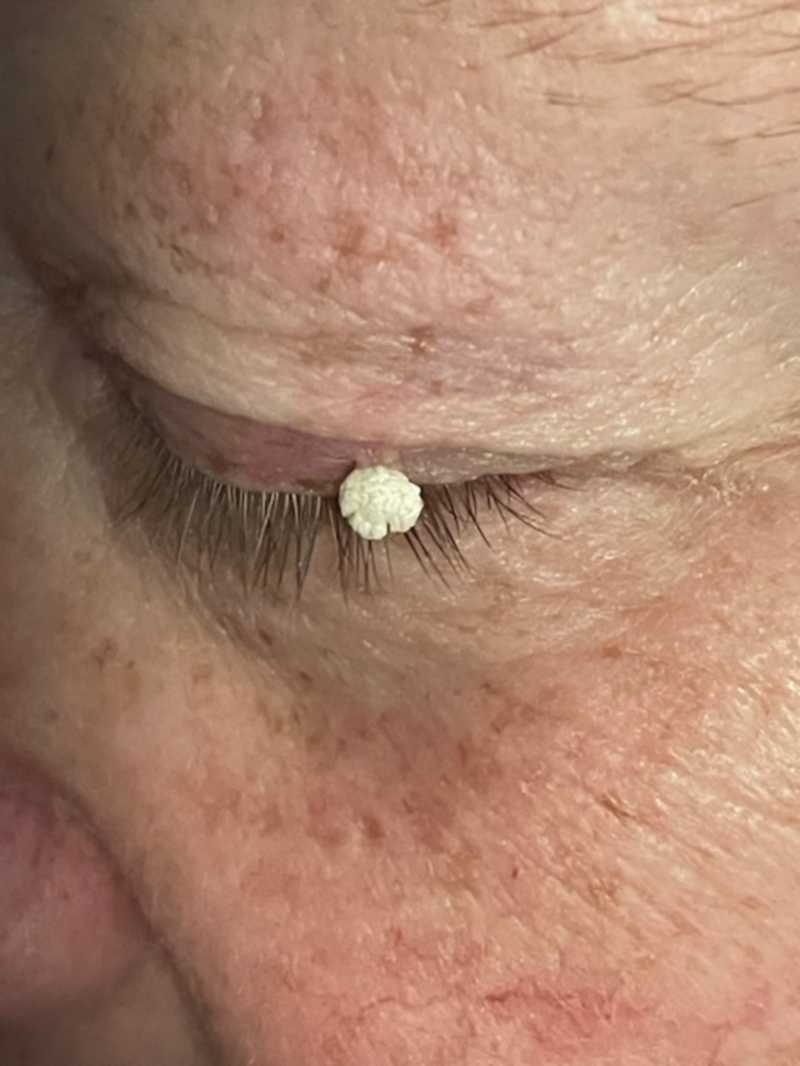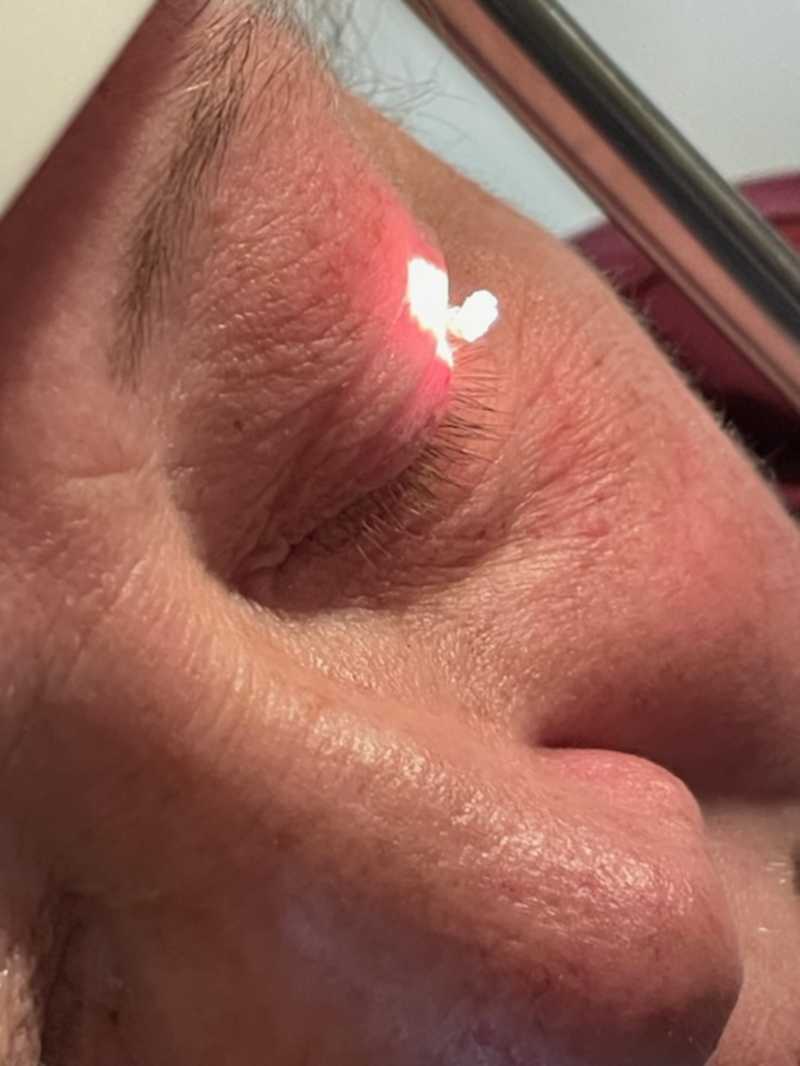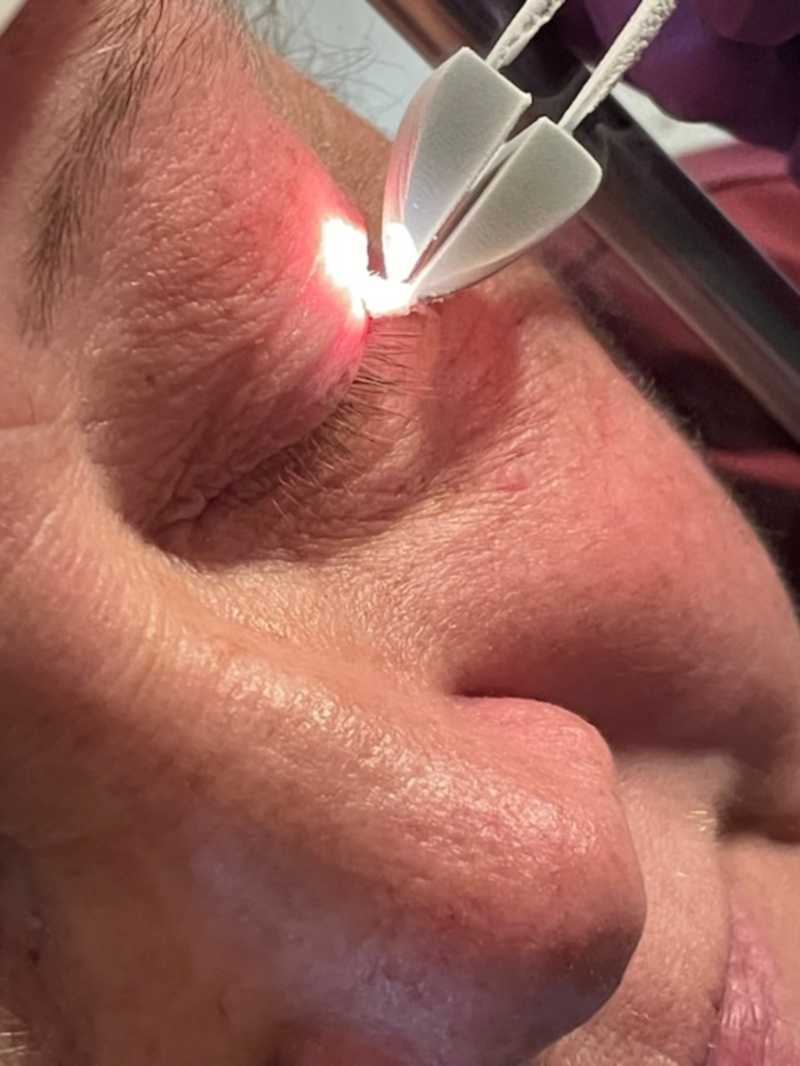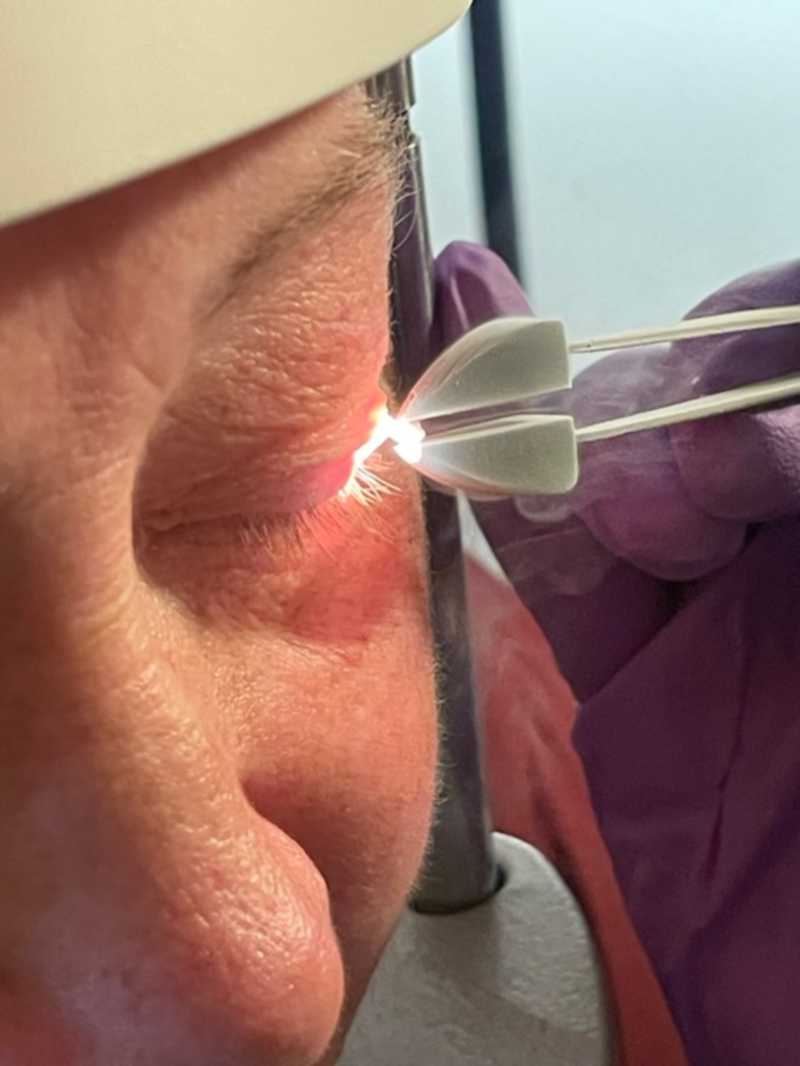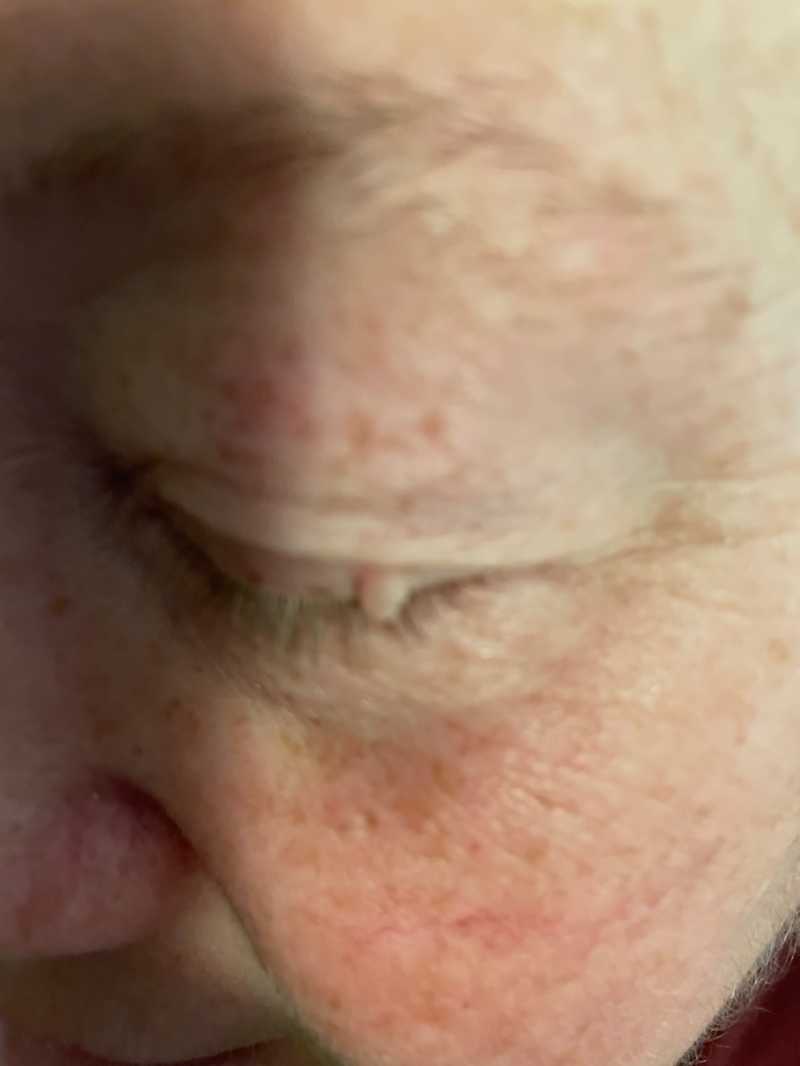Comprehensive Eye Care
Regardless of your age or physical health, it is important to have regular eye exams. During a comprehensive eye exam, our optometrists will not only determine your prescription for eyeglasses or contact lenses, but they will also check your eyes for ocular diseases, assess how your eyes work together as a team, and evaluate your eyes as an indicator of your overall health.
As optometry technology changes, it is even more important to select an eye doctor who has all the right qualifications and follows the latest developments in eye care. Our eye doctors make it a policy to ensure that all staff members are up-to-date on the latest technology and techniques to make your visit as effective and comfortable as possible.
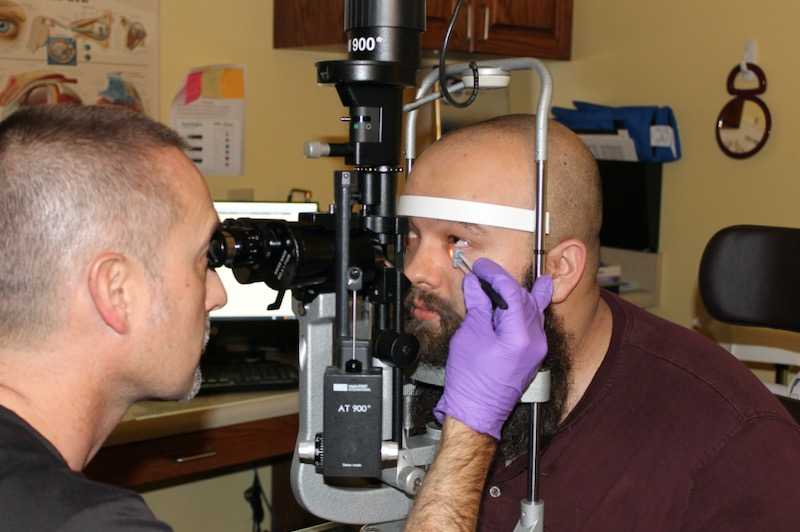
Utilizing cutting edge technology we are able to diagnose and manage diseases like glaucoma, macular degeneration and cataracts. Earlier and more precise diagnosis means earlier treatment and better outcomes for our patients.
Our full range of vision care services include eye exams of children and adults, contact lens fitting of all types, and co-management of laser and cataract surgery.
The visual system is a delicate and complicated part of the human anatomy. All parts of the eye and many parts of the overall body affect your ability to see. In our comprehensive eye and vision examination, the health of your eyes is evaluated from cornea to retina.
Your examination includes a number of tests and procedures that can detect eye problems that may go unnoticed and are not detected by school vision tests or routine health physicals.

Adult Eye Care
If I’m seeing fine, why do I need an eye exam?
Glaucoma, cataracts, and age-related macular degeneration are just a few of the common eye diseases which affect older patients.
Even if your vision is fine, annual eye exam can detect eye and systemic diseases in the early stages when it is easier to prevent vision loss. Help maintain quality of life with good eye care.
People with diabetes, high blood pressure, rheumatoid arthritis and taking certain medications are especially at risk for eye diseases and vision loss.
Everyone wants to protect the eyesight and overall health for themselves and their loved ones – that is why annual eye exams are important. Regular eye care and exams can protect and prevent many eye diseases, if detected early.
Today, a whole range of eye problems can be treated successfully without total vision loss.
Many vision problems can begin at an early age, so it’s also important for you and your family to schedule an appointment with our eye doctors, as your preferred optometrists.
Pediatric Eye Care
When should my child have an eye exam?
According to the American Optometric Association (AOA), infants should have their first comprehensive eye exam at 6 months of age. Children then should receive additional eye exams at 3 years of age, and just before they enter kindergarten or the first grade at about age 5 or 6.
A pediatric eye examination by our optometrists includes:
- Evaluation of vision and ocular health
- Eye teaming (binocularity) skills
- Eye movement skills
- Focusing skills
- Evaluation for amblyopia (or “lazy eye”)
- Evaluation for strabismus (or eye turn)
At least 10 to 15 percent – or 8 to 12 million – children are at risk for vision impairment. Prevention of these conditions can be easy and can help your student perform his or her best at academics and sports, so schedule your child’s eye exam today with our eye doctors. While you are at it, schedule your own exam too!
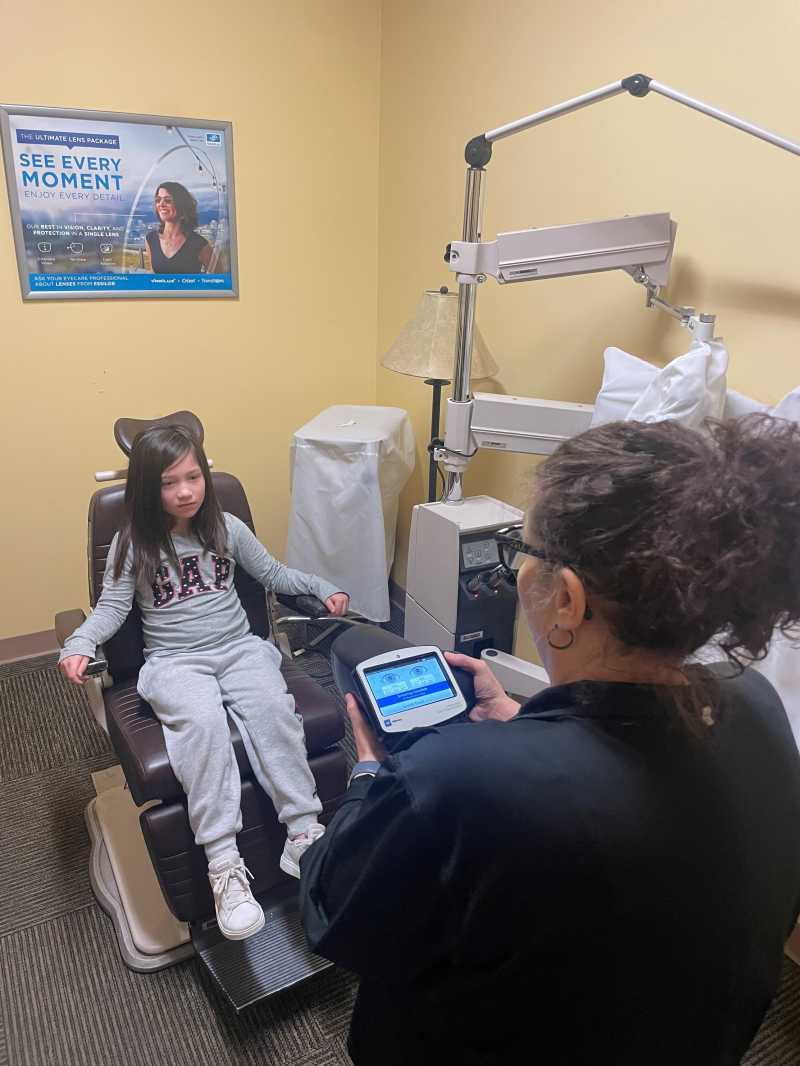
Special Eye Tests using Advanced Eye Care Technology
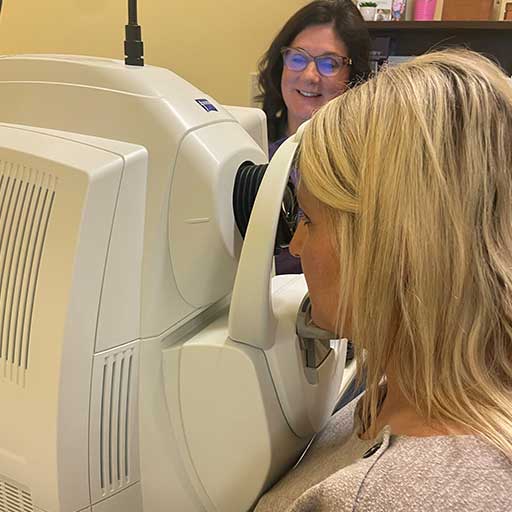
Optical Coherence Tomographer (OCT)
At our practice, we’re committed to providing you with the most advanced eye care available. That’s why we’ve invested in state-of-the-art Optical Coherence Tomography (OCT) technology.
What is OCT?
OCT is a non-invasive imaging test that uses light waves to take cross-section pictures of your retina. Think of it as an “optical ultrasound,” providing us with high-resolution, 3D images of the structures in your eye.
How Does OCT Benefit You?
- Early Detection: OCT helps us identify eye diseases like glaucoma, macular degeneration, and diabetic retinopathy at their earliest stages, when treatment is most effective.
- Precise Monitoring: For patients with ongoing eye conditions, OCT allows us to detect even the smallest changes, helping us manage your eye health with unprecedented precision.
- Deep Tissue Visibility: OCT reveals the deeper layers of your retina, including the crucial nerve fiber layer where many eye diseases first develop.
- Non-Invasive and Quick: The scan is painless, requires no preparation, and takes just a few minutes.
OPTOS Retinal Exam
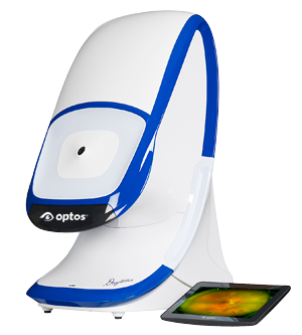 Annual eye exams are vital to maintaining your vision and overall health. We offer the optomap® Retinal Exam as an important part of our eye exams. The optomap® Retinal Exam produces an image that is as unique as you fingerprint and provides us with a wide view to look at the health of your retina. The retina is the part of your eye that captures the image of what you are looking at, similar to film in a camera.
Annual eye exams are vital to maintaining your vision and overall health. We offer the optomap® Retinal Exam as an important part of our eye exams. The optomap® Retinal Exam produces an image that is as unique as you fingerprint and provides us with a wide view to look at the health of your retina. The retina is the part of your eye that captures the image of what you are looking at, similar to film in a camera.
Many eye problems can develop without you knowing. You may not even notice any change in your sight. But, diseases such as macular degeneration, glaucoma, retinal tears or detachments, and other health problems such as diabetes and high blood pressure can be seen with a thorough exam of the retina.
An optomap® Retinal Exam provides:
- A scan to show a healthy eye or detect disease.
- A view of the retina, giving your doctor a more detailed view than he/she can get by other means.
- The opportunity for you to view and discuss the optomap® image of your eye with your doctor at the time of your exam.
- A permanent record for your file, which allows us to view your images each year to look for changes.
The optomap® Retinal Exam is fast, easy, and comfortable for all ages. To have the exam, you simply look into the device one eye at a time and you will see a comfortable flash of light to let you know the image of your retina has been taken. The optomap® image is shown immediately on a computer screen so we can review it with you
ZEISS / Humphrey Visual Field Testing
Visual Field testing can help save vision because it is another test used to diagnose or rule out glaucoma and other neurological disorders that affect vision. This simple, but effective service has saved lives by detecting various medical conditions such as strokes, brain tumors, and other neurological defects.
